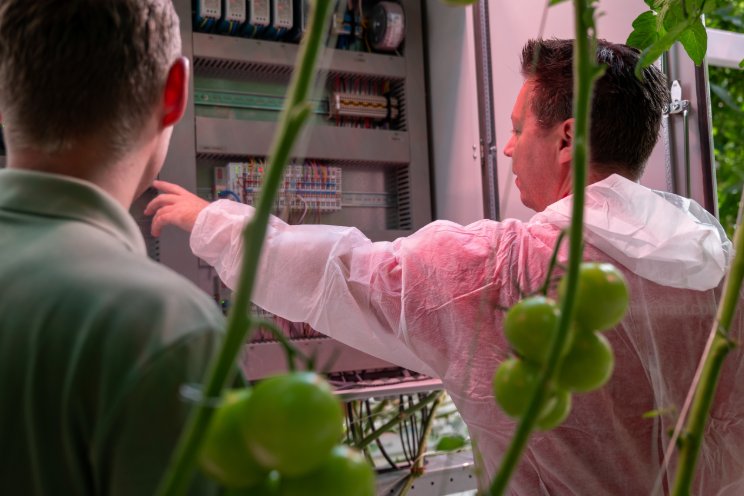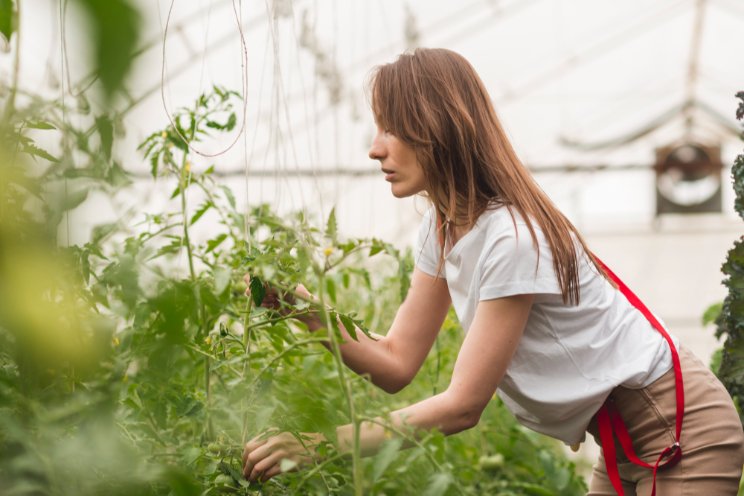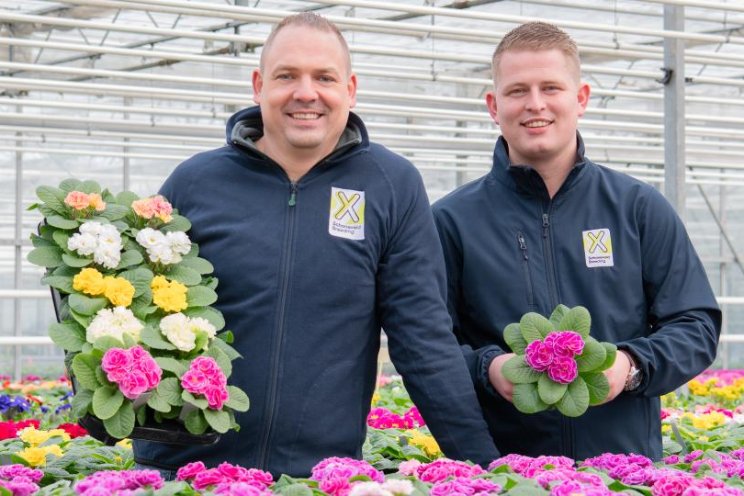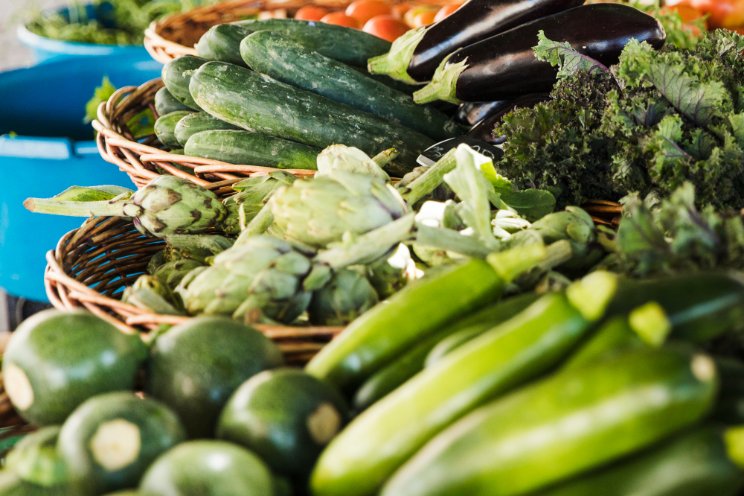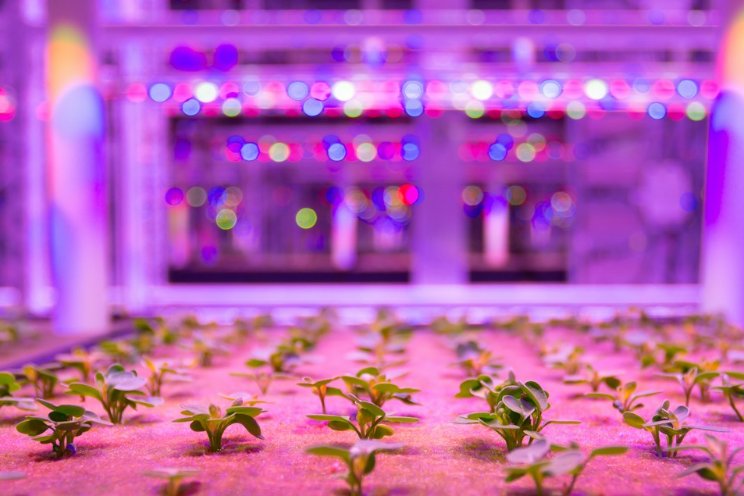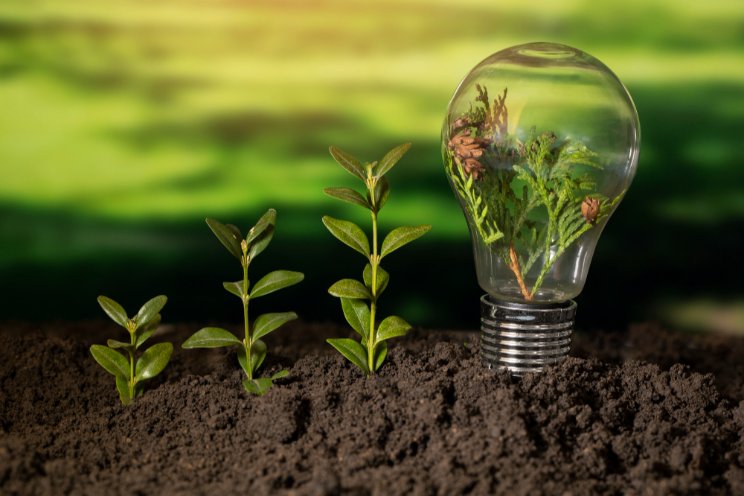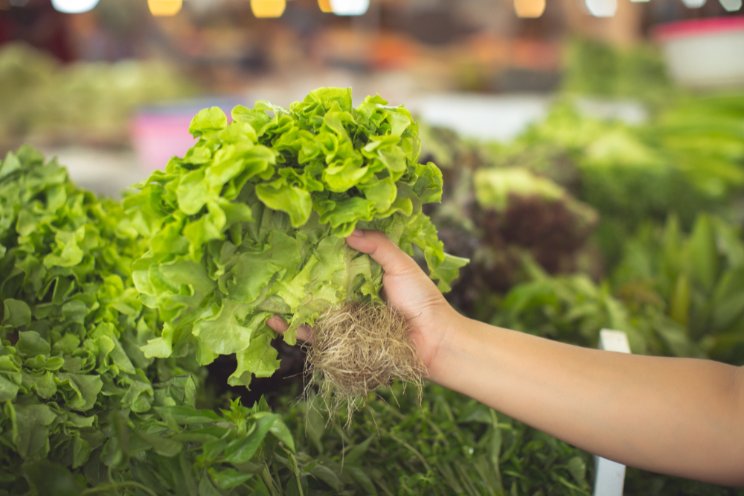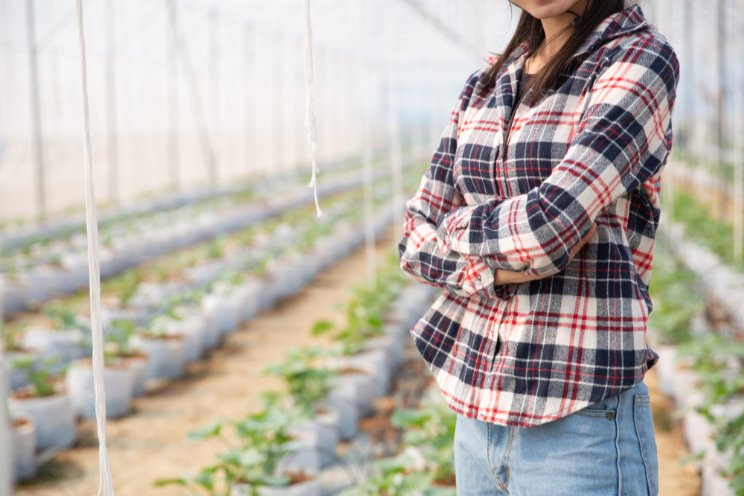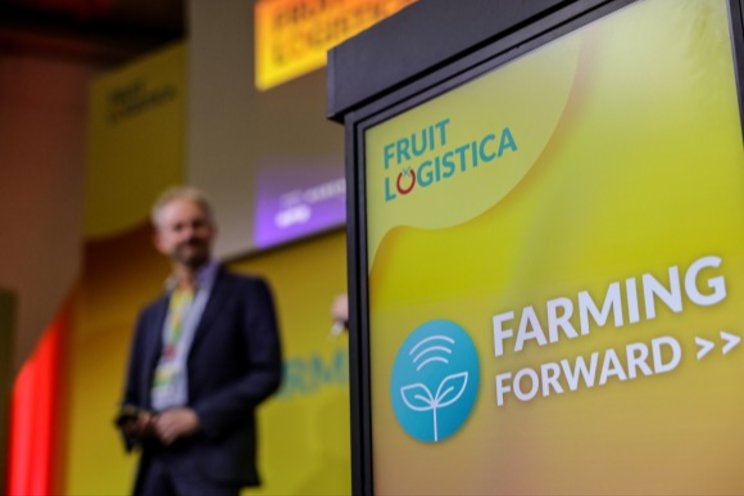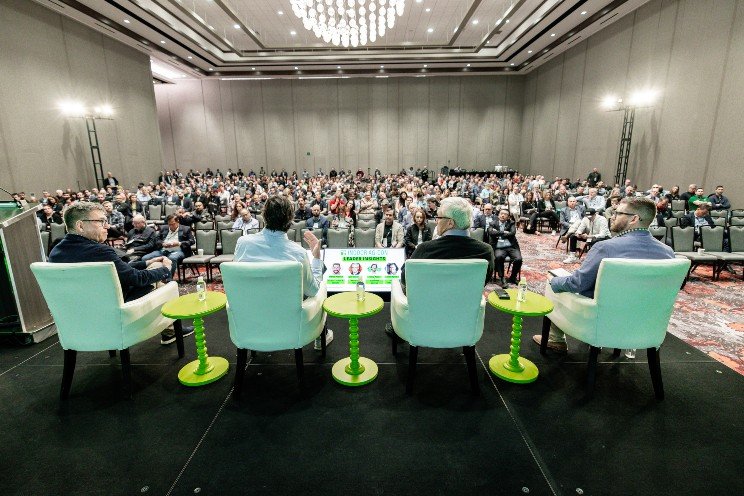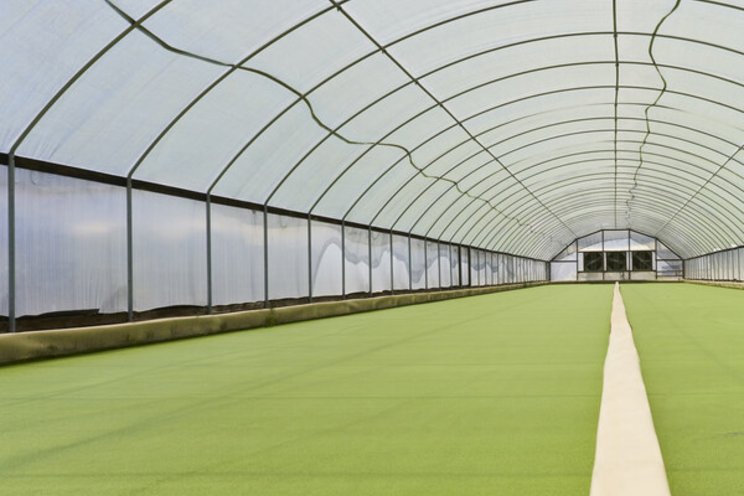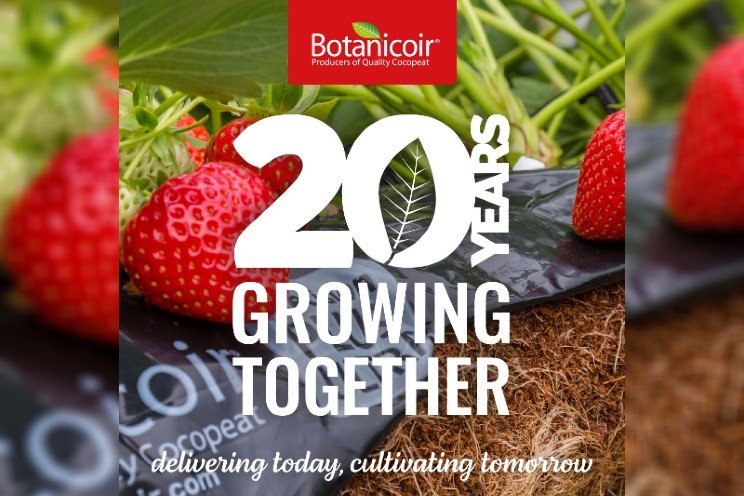Don't let data smog close your mind to new greenhouse ideas
Added on 18 October 2021

We're hearing a lot of noise out there about which type of growing system is the best for indoor crops. Greenhouse, warehouse, hydroponics, aquaponics, vertical farming, shipping containers — there are so many methods to grow indoor crops nowadays and just as many arguments for which method is superior. If you're a vertical farmer, you can pull up energy cost calculations, production costs per square foot, and other data to support your viewpoint. Proponents of greenhouse growing can do the same. Many new growers agonize over the decision to use aquaponic techniques over hydroponic ones. Does the consumer appeal of using fish to grow because of their environmental benefits outweigh more controllable hydroponic methods? Is a shipping container better than a warehouse because it's compact and self-contained? Is a warehouse superior to a greenhouse because you have total control over the environment? Does a greenhouse trump a warehouse because it utilizes natural light? I can go on, but you get my point — data smog.
Read more on Greenhouse Grower.
Photo by CRYSTALWEED cannabis on Unsplash
Source: Greenhouse Grower
More news
